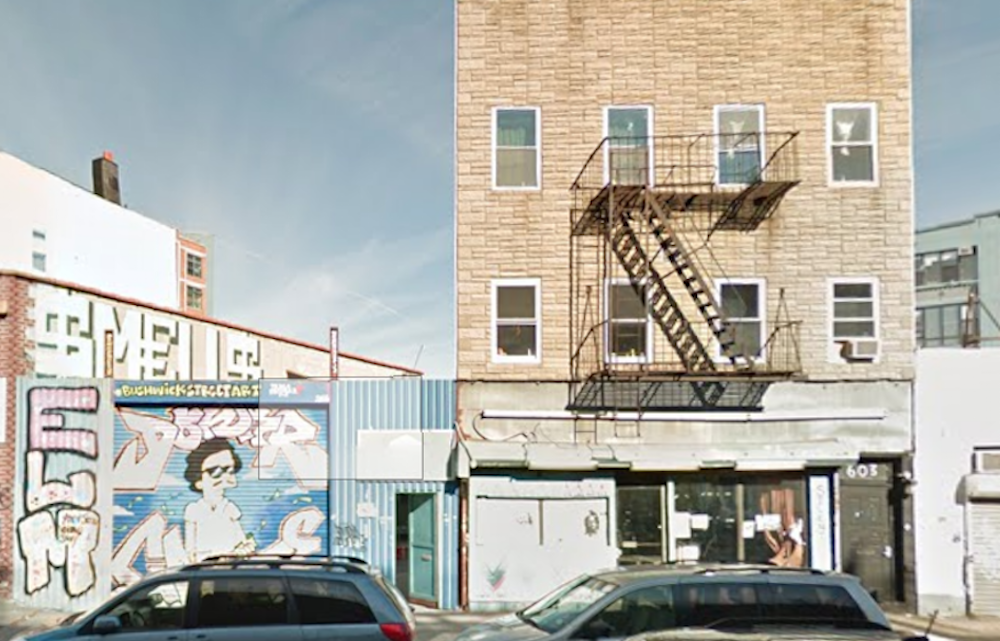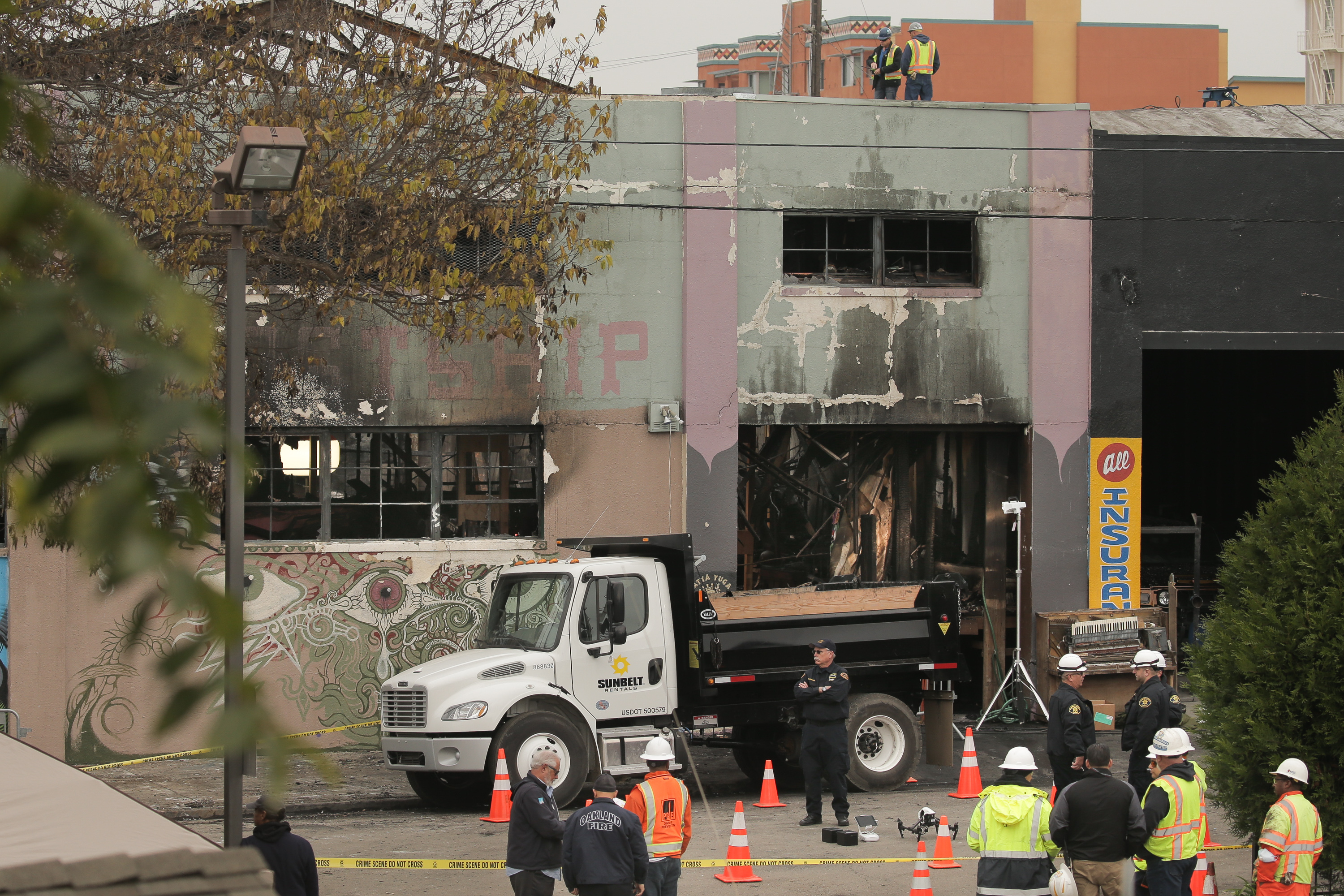Friday, the NYC Department of Cultural Affairs held the first in a series of meetings to combat the many issues facing DIY art spaces throughout the greater New York area. In the wake of Oakland’s deadly Ghost Ship fire, city officials have been cracking down on independent venues. Last year, Bushwick venue and nonprofit Market Hotel was raided by police for an outstanding liquor license and the unlawful “warehousing” of alcohol in preparation for events. Alleged housing and zoning violations have led to the closure of venues like Glasslands, 285 Kent, Death By Audio, and Palasades, while others like Bushwick’s Silent Barn have been forced to work with legal teams just to survive.
Led by Edwin Torres and Tom Finkelpearl of the city’s Cultural Affairs department, the group met to begin preparations for CreateNYC, a “cultural plan” to “[expand] access to cultural opportunities,” with a focus New York’s outer-borough residents. Among those present were representatives from venues like Market Hotel, Silent Barn, and Trans-Pecos, all of whom spoke about the importance of safety and sustainability in the independent music community.
With the rising cost of rent rapidly reshaping the region, many at the meeting said landlords have shown active hostility toward venues that they allege generate noise violations and safety hazards. Ximena Garnica, co-director of the Williamsburg art space LEIMAY, said that she and her neighbors have spent over $40,000 in legal fees fighting a landlord trying to challenge their application for coverage under NYC’s Loft Law, which began allowing limited live-work applications for buildings zoned as industrial spaces in 2014
“The city doesn’t even really understand the Loft Law,” she said. “We need the Department of Cultural affairs to help us make some sort of argument for ourselves so that we can take advantage of these laws.”
Beyond affordable housing, licensing often requires safety inspections and architectural expediting, with fees and skillsets far beyond the reach of typical artists. “Doing all this bureaucracy creates a natural barrier that weeds out a lot of very important people to New York City’s cultural voice,” said Silent Barn’s Jordan Iannucci. “I am very hesitant to embrace a system that absolutely requires self-starting motivation to go head-first into bureaucracy as a means of sustaining New York City’s cultural future.”
Others concerns involve liquor licenses, warehousing regulations, and antiquated cabaret laws, which took root in the 80s and 90s as alleged “blank checks” for the NYPD to police as they saw fit. “If you don’t have a license and you have any amount of alcohol on your property, you’re officially ‘a warehouse,'” says Todd Patrick of Market Hotel and Trans-Pecos. “So it’s a situation where you’re attempting to follow the law and liquor-licensing process, but the liquor licenses aren’t confirmed until like six o’clock at night the day of [the event]…So because you’ve purchased alcohol for an event that you have no license for, they can then shut you down and charge you a ticket, the kind of ticket that then disqualifies you from holding a more permanent license in the future. It’s exactly the kind of thing that’s done exclusively to organizations like the ones in this room.”
The group has plans to meet independently over the next few months, culminating in the submission of the city’s cultural plan July 1st, which goes into effect later this year.
Correction: The original version of this article stated that the NYC Arts Coalition was involved with this meeting. While members of the organization were present, they were not there on behalf of NYC Arts Coalition. Additionally, while an earlier version mentioned that the Silent Barn has actively worked with grant writers and legal representatives in the past, they have, in fact, only received support from legal representatives. The article has been updated to reflect these changes.
Correction 2/6/2016: This article has been corrected to reflect that Ximena Garnica’s landlord sought only to challenge her eligibility for coverage under New York’s Loft Law, not to evict her or her organization. It has also been updated to note that Garnica’s neighbors helped pay the $40,000 in legal fees spent so far.





